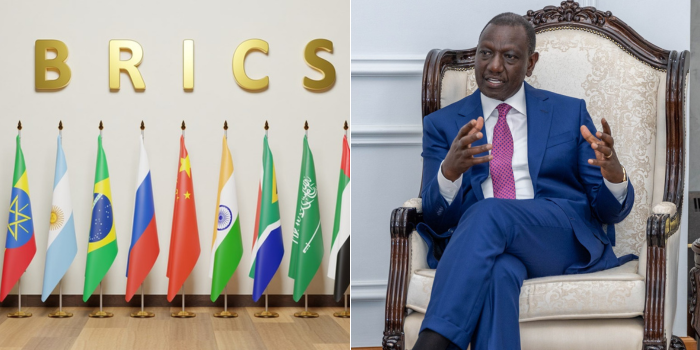Censorship in the Age of Algorithms: Who Controls What We See?
In the vast digital landscape where cat videos and political rants coexist, algorithms are the unseen puppeteers pulling the strings of our online experiences. These complex lines of code, designed to curate content tailored to our tastes, can sometimes act as gatekeepers of information, leading to unintentional censorship. But who really controls what we see, and what does this mean for freedom of speech?

The Algorithmic Gatekeepers
Imagine you’re scrolling through your Facebook feed, and you notice a pattern. Posts from your favorite news outlet are mysteriously absent, while cat memes and cooking videos dominate. This isn’t a coincidence; it’s the work of algorithms. These digital gatekeepers analyze your behavior, preferences, and interactions to serve you content they think you’ll engage with the most. But in doing so, they can inadvertently filter out important information.
In Kenya, where social media is a vital tool for political discourse and activism, this algorithmic curation can have significant implications. During elections, for instance, algorithms might prioritize sensationalist content over factual reporting, skewing public perception. The same algorithms that bring us closer to our interests can also create echo chambers, reinforcing our existing beliefs and limiting exposure to diverse viewpoints.
The Unintended Consequences
While algorithms are designed to enhance user experience, they can sometimes lead to unintentional censorship. Take the case of the #EndSARS movement in Nigeria. Social media platforms played a crucial role in amplifying the voices of protesters, but there were instances where posts were flagged or removed by automated systems. These algorithms, trained to detect and remove harmful content, sometimes misinterpret activism as a violation of community guidelines.
Globally, the situation is no different. During the COVID-19 pandemic, social media platforms ramped up their efforts to combat misinformation. While this was a necessary step, it also led to the removal of legitimate content that was mistakenly flagged as false information. The balance between curbing misinformation and preserving free speech is a delicate one, and algorithms often struggle to get it right.
The Role of Tech Companies
Tech giants like Facebook, Twitter, and Google wield immense power in shaping public discourse. Their algorithms determine what content gets visibility and what gets buried. This raises important questions about accountability and transparency. Who decides what is deemed appropriate or harmful? And how can users trust that these decisions are made fairly?
In response to growing concerns, some tech companies have taken steps to increase transparency. Facebook, for example, has introduced the Oversight Board, an independent body that reviews content moderation decisions. However, critics argue that these measures are not enough and that more needs to be done to ensure that algorithms do not stifle free speech.
The Path Forward
So, what can be done to address the challenges posed by algorithmic censorship? One solution is to increase algorithmic transparency. By making the workings of these systems more transparent, users can better understand how content is curated and why certain posts are removed. Additionally, there should be mechanisms for users to appeal content moderation decisions, ensuring that legitimate voices are not silenced.
Another approach is to promote digital literacy. By educating users about how algorithms work and the potential biases they may have, individuals can become more critical consumers of online content. This is particularly important in Kenya, where social media plays a crucial role in shaping public opinion and driving social change.
Conclusion: Navigating the Algorithmic Maze

In the age of algorithms, the control over what we see online is a complex and often opaque process. While these digital gatekeepers can enhance our online experiences, they also pose significant challenges to freedom of speech. As we navigate this algorithmic maze, it is crucial to strike a balance between curbing harmful content and preserving the right to free expression.
Ultimately, the power to shape public discourse should not rest solely in the hands of a few tech companies. By increasing transparency, promoting digital literacy, and holding tech giants accountable, we can ensure that the digital soapbox remains a platform for diverse voices and robust debate. After all, in the grand theater of free speech, everyone deserves a chance to take the stage.
What's Your Reaction?






































































































